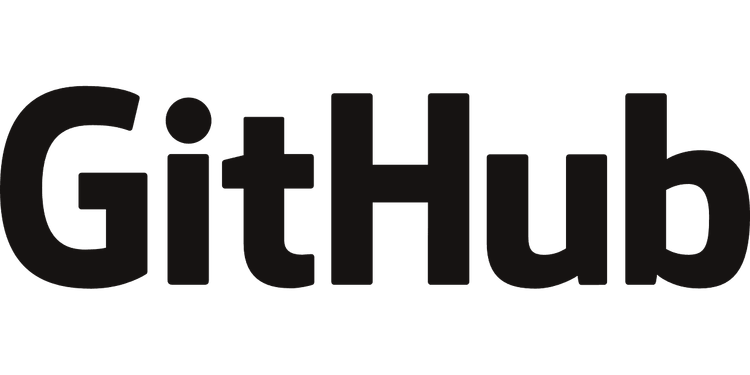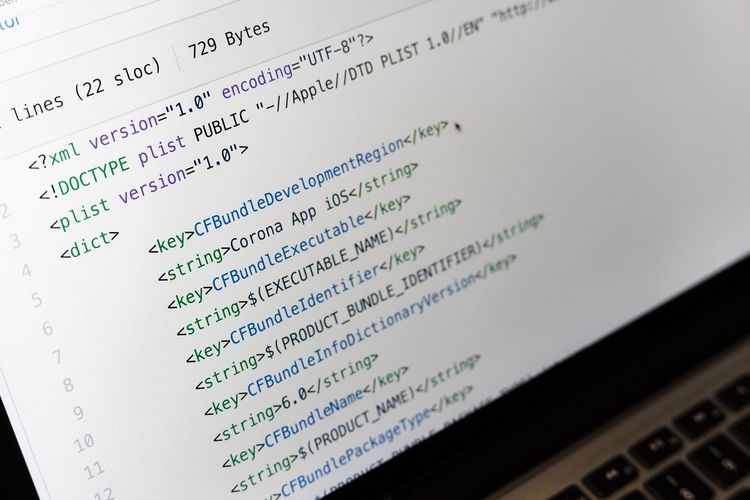The European Union is set to enhance access to its high-performance computing (HPC) supercomputers for startups looking to train AI models. The initiative, however, comes with a stipulation: startups must align with the EU's AI governance framework to gain access to these cutting-edge resources, which currently include pre-exascale and petascale supercomputers.
In May, the EU revealed a plan for interim voluntary guidelines for industries involved in AI development and deployment while formal regulations are still under consideration. This initiative aims to prepare companies for the future implementation of comprehensive AI regulations.
Additionally, the EU is advancing the AI Act, a risk-based regulatory framework for AI applications that is currently being negotiated by EU lawmakers and is expected to be approved soon. The EU is also collaborating with the U.S. and other global partners on an AI Code of Conduct to address international legislative inconsistencies as different countries establish their own AI governance frameworks.
The EU's AI governance strategy includes incentives, particularly access to high-performance computing for “responsible” AI startups. A spokesperson for the Commission confirmed that this new initiative builds upon existing policies that already allow industries to access supercomputers through a EuroHPC Access Calls for proposals process, and is designed to facilitate access for ethical and responsible AI startups.
This HPC access initiative for AI startups was unveiled earlier today by EU president Ursula von der Leyen during her annual ‘State of the Union’ address.
AI Extinction Risk Caution
During her speech, President von der Leyen addressed concerns from various sectors of the tech industry regarding the potential extinction risk posed by AI advancements. She emphasized that AI is evolving more rapidly than expected, stating, “We have a narrowing window of opportunity to guide this technology responsibly.”
She highlighted the significant benefits AI could offer, including improvements in healthcare and climate change solutions, while cautioning against underestimating potential threats. She referenced a recent warning from over a hundred leading AI developers, scholars, and experts who asserted: “Mitigating the risk of extinction from AI should be a global priority alongside other societal-scale risks such as pandemics and nuclear conflicts.”
President von der Leyen advocated for comprehensive AI governance legislation in Europe and proposed the establishment of a dedicated entity akin to the IPCC, which would provide policymakers worldwide with the latest research and insights regarding AI-related risks, particularly concerning existential threats.
“I believe Europe, alongside global partners, should spearhead a new framework for AI founded on three essential pillars: guardrails, governance, and innovation guidance,” she asserted. “Our AI Act already serves as a model for the world, and we must now prioritize its adoption and implementation.”
Elaborating on the EU’s broader AI governance strategy, von der Leyen stressed the need for international collaboration to assess AI’s societal impact, drawing parallels to the IPCC's contributions to climate policy. She proposed creating a similar organization for AI risk and benefit assessment, emphasizing collaboration with scientists, tech firms, and independent experts to formulate rapid and coordinated global responses.
President von der Leyen's acknowledgment of potential existential risks associated with AI is significant, particularly given the EU's historical focus on addressing practical safety concerns, including those related to automation, bias, and accountability.
Conjecture, an AI safety startup based in London, welcomed the EU's high-level recognition of existential AI risk. “It’s encouraging to see President von der Leyen acknowledge that AI poses an extinction risk, as even the leaders of companies developing the largest AI models have admitted,” said Conjecture’s Head of Strategy and Governance, Andrea Miotti.
“With such stakes at play, our focus should shift towards preventing the proliferation of dangerous capabilities rather than competing geographies,” Miotti added.
EU's Support for ‘Responsible’ AI
President von der Leyen’s address emphasized further guidance for innovation alongside the initiative to open up EU supercomputers for AI startups. Currently, the EU operates eight supercomputers, primarily situated within research institutions, including Lumi in Finland, MareNostrum 5 in Spain, and Leonardo in Italy. Two more powerful exascale supercomputers, Jupiter in Germany, and Jules Verne in France, are anticipated to join the ranks in the near future.
“Thanks to our past investments, Europe is now a leader in supercomputing, housing three of the five most powerful supercomputers globally,” she remarked. “We must leverage this advantage. Therefore, I am announcing today a new initiative to grant AI startups access to our high-performance computers for model training. This will be part of our broader strategy to foster innovation. Open dialogues with AI developers and deployers are essential. Similar to the voluntary safety commitments made by major tech companies in the United States, we will collaborate with European AI companies to ensure their adherence to the principles of the AI Act ahead of its enforcement. We need to unify these efforts towards establishing minimum global standards for the safe and ethical utilization of AI.”
Scientific institutions, industry, and public administration currently have access to EuroHPC supercomputers through the aforementioned proposal process, which necessitates detailed applications demonstrating their need and competency in using significant compute resources. The EuroHPC Joint Undertaking will refine this process to include a more efficient access route for SMEs and AI startups, as confirmed by the Commission spokesperson.
The ethical standards established for Horizon research projects will similarly guide access to HPC via this AI initiative, the spokesperson added.
In a LinkedIn post reflecting on President von der Leyen's announcement, Thierry Breton, the EU’s internal market commissioner, elaborated on the EU AI Start-Up Initiative, which will utilize Europe's substantial public high-performance computing capabilities. “We aim to identify promising European AI startups and provide them with access to our supercomputing resources,” Breton stated.
He explained that access to Europe's supercomputing infrastructure can significantly reduce the training time for new AI models from months or years to merely days or weeks. This initiative aligns with broader Commission efforts to promote AI innovation, such as the January launch of Testing and Experimentation Facilities for AI, and the push for Digital Innovation Hubs. Breton also pointed out the development of regulatory sandboxes under the forthcoming AI Act and initiatives to bolster AI research through partnerships like the European Partnership on AI, Data, and Robotics, and the Horizon Europe research program.
The clarity on how much competitive advantage the EU's HPC support for select startups will yield remains undetermined. Still, it represents a clear effort by the EU to foster ‘responsible innovation’ that aligns with European values.
AI Governance Discussions
In addition, Breton’s blog post announced plans to revitalize an existing forum for inclusive AI governance. “To develop effective AI governance, we must engage all stakeholders — not only large tech companies but startups, industries utilizing AI, consumers, NGOs, academic experts, and policymakers,” he noted. “In November, I will convene the European AI Alliance Assembly to bring all these voices together.”
With this initiative, the EU’s efforts might create significant competition for the U.K. government's forthcoming AI Summit aimed at positioning itself as a leader in global AI safety. Early concerns regarding the U.K. summit indicate potential limitations in consultation breadth as ministers organize the event. However, the summit has garnered enthusiastic support from numerous AI giants, including commitments from Google DeepMind, OpenAI, and Anthropic to grant priority access to “frontier” models for U.K. AI safety research following discussions with the U.K. Prime Minister.
Breton’s emphasis on “the involvement of all” in AI governance could be perceived as a critique of the U.K.’s tech-centric approach, where stakeholders may not be represented as comprehensively. It's worth noting that OpenAI's CEO, Sam Altman, also met with von der Leyen during his European tour in June, possibly spurring her heightened focus on the existential risks associated with AI.
The European AI Alliance, initially launched in 2018 as an online discussion platform, has since facilitated numerous in-person meetings and workshops. The EU claims that thousands of stakeholders have been engaged in dialogue aimed at establishing open policies on AI. The Alliance has also influenced the work of the High-Level Expert Group on AI, which has helped shape the EU's AI Act.
The Commission’s spokesperson mentioned that the AI Alliance has been inactive for the past two years, making the upcoming November Assembly particularly timely, with the adoption of the AI Act approaching. The focus will center on implementation of the AI Act and the AI Pact while also fostering excellence and trust in AI.
As the EU pushes forward to finalize its AI regulatory framework, the international community closely observes its steps to shape the future of AI governance, concern over technological risks, and its implications on global standards for AI innovation.







